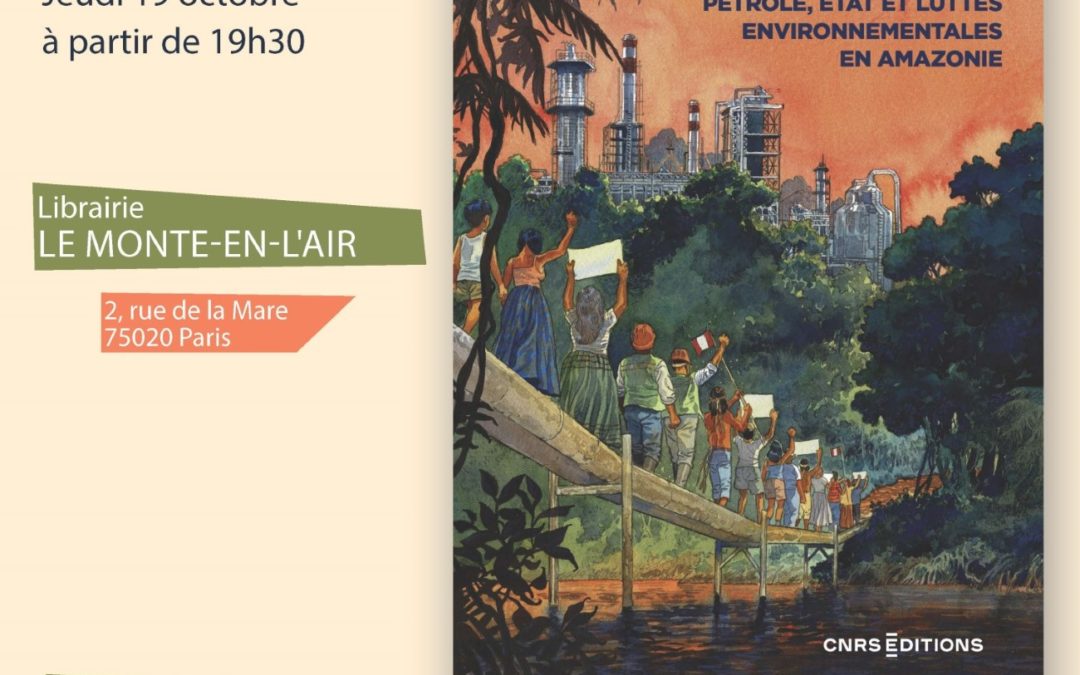On June 5, 2009, after several months of protests against decree-laws favoring natural resource extraction, clashes broke out between police and indigenous activists in northern Peru. Several dozen people were killed. In the aftermath of the violence, this groundbreaking investigation into the exploitation of nature in the Amazon explores the relationship between the oil industry, indigenous communities and Peruvian authorities.
It invites us to break with both the romantic readings that celebrate the heroism of indigenous resistance and the disillusioned vision of those who deplore the inability of a people to take charge of their destiny. The man who marches through the Quechua Federation, spear in hand and face covered in war paint, may well reappear a few days later as a worker in the oil exploitation, wearing a uniform similar to that of the workers in Lima.
To capture this complexity, the book analyzes the deployment of the state and capitalism from below. There, the observation of everyday life reveals the variety of interactions between indigenous peoples and the oil industry, and sheds light on how the political and economic order is produced, but also contested on a daily basis.
The presentation of the book Le capitalisme au village: Pétrole, État et luttes environnementales en Amazonie (in English translation, “Capitalism in the village: oil, state and environmental struggles in the Amazon”) has taken place in Paris, France, on October 19, 2023. The book is part of the collection Logiques du Désordre (Logics of Disorder), CNRS Editions. The author, Doris Buu-Sao, is a Marie Curie postdoctoral researcher at the Universitat de Barcelona and professor of political science at the University of Lilla (France).


Recent Comments